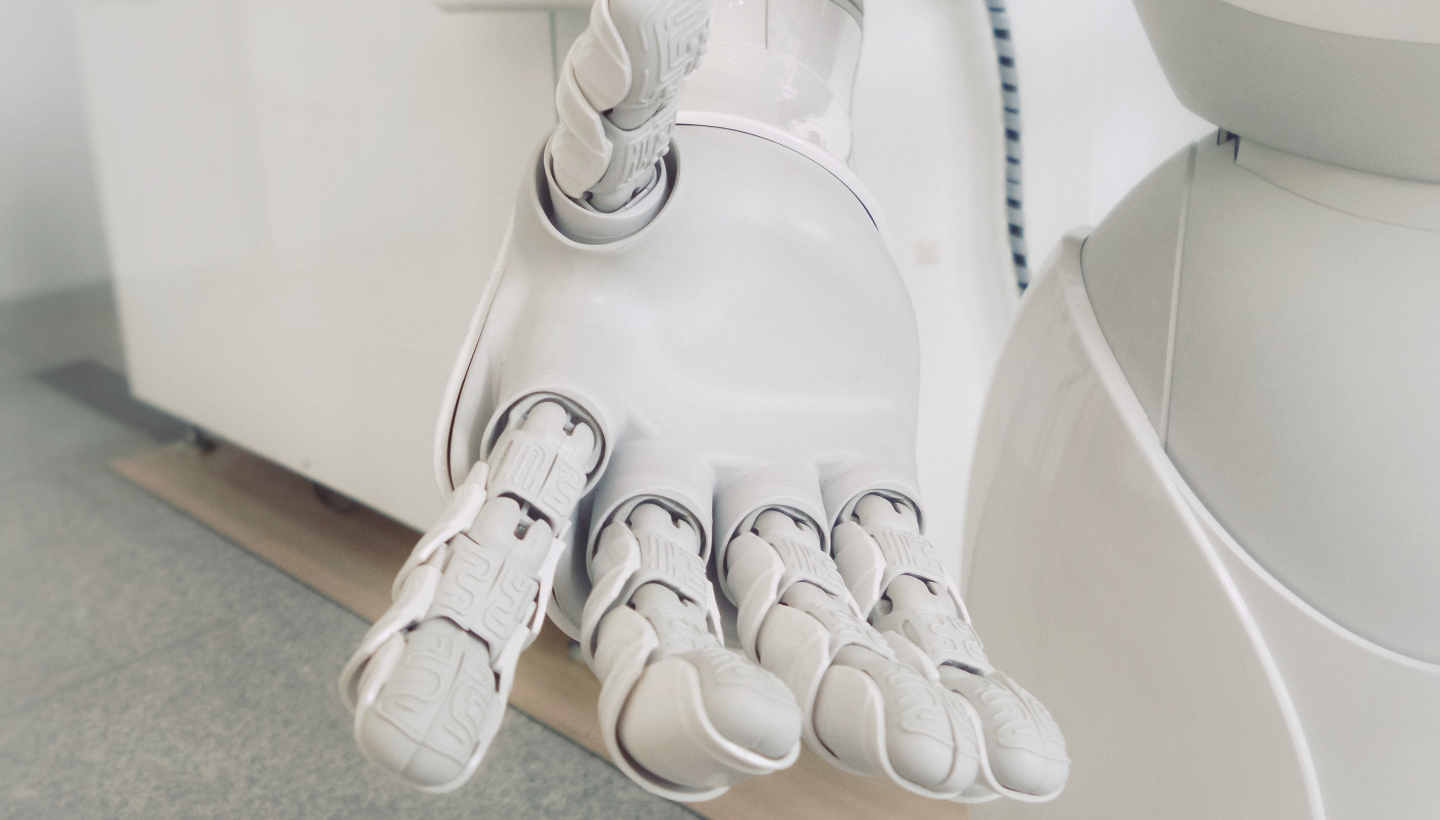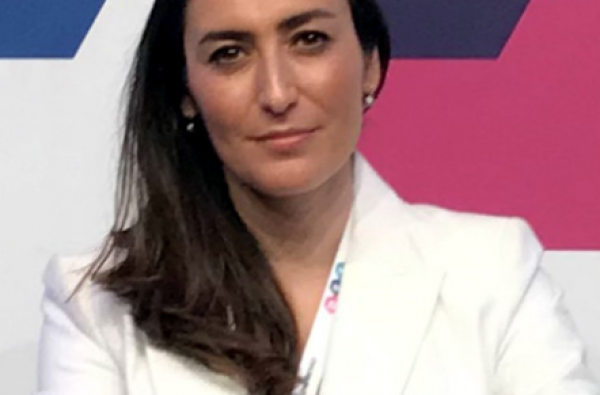For Liberty Mutual's Transformation director, Enrique Huerta, just using massive data analysis to set prices is a thing of the past. New technologies not only improve and create new products, they also enable them to be able to cope with any change.
Applying artificial intelligence (AI) to autonomous vehicles, incorporating the Internet of Things (IoT) into the home, and using big data to understand customer behavior are some of the technological innovations that are about to transform the insurance industry. This is what the director of Corporate Transformation of Liberty Mutual Insurance, Enrique Huerta, who until recently served as CEO of the group in Spain, says. He is confident that his new global role in the United States will allow him to "lead, coordinate and manage the transformation" of Liberty Mutual's main global business unit.
But while he is confident that the world and its sector are in full transformation, he says that no one can anticipate with certainty what the end result will be. Therefore, he believes that the best way to face changes, whatever they may be, is to create flexible organizations with a great capacity for learning, and "avoid forming teams anchored in the past".
One of the 10 Emerging Technologies that MIT Technology Review has selected in 2018 is artificial intelligence services in the cloud, capable of taking artificial intelligence to all corners of the world. How is your sector and your company preparing to adapt to this new technology?
The insurance industry handles a lot of information, so we have a lot of experience in analytics, especially in setting product prices. However, data analysis also has to be used in the rest of the business: in distribution, marketing, customer experience and even in human resources. Data management is an absolute must for any insurance company for the future. Therefore, we are complementing the analytical models we had with machine learning and experimenting with chatbots.
"Data analysis must be applied even in human resources."
On the other hand, although we do not develop autonomous vehicles, it is an issue that affects us fully. These cars use IA and that will change the insurance products: from owners and car insurance to technology developer's insurance.
What benefits is your company experiencing from these new technologies?
One of our main strategies is to move all data to the cloud. The benefits will come from two sides. On the one hand, we will have more capacity to process and store information. On the other hand, we will be able to use the data more efficiently than before. As a result, all this will have a positive impact on end-users with models more suited to their needs.
This access to large amounts of data also allows predictive analytics to anticipate customer needs, how is this translating into your industry?
One of the next challenges for the insurance industry is to cover a wide range of events. Not only will we take care of the risks that occur and their consequences, we will also have to think in terms of protection.
"We invest a lot in people who specialize in data and analytics."
This, for example, will be seen a lot in the home setting. Thanks to the internet of things, we have access to a great deal of information about housing. This allows us to know how we can protect the inhabitants and prevent them from having an incident.
It is no longer just a question of offering compensation products for something that has happened, but also of providing protection and prevention products to help our policyholders so that these eventualities do not occur.
What strategies are in place at the company to capitalize on this massive use of data?
We are making a big investment around the people who work around data and analytics. We are incorporating more and more expert profiles in these areas. On the other hand, we have a venture capital division to invest in start-ups that propose new ways to protect homes and firms related to future forms of mobility and collaborative economics.
"We must move from compensation to risk prevention.”

What is clear is that the sector is transforming, what new capacities are needed to move in this new scenario?
On the part of knowledge, we must know the novelties that occur in our environment. Companies can access this knowledge in two ways: by incorporating new people with these skills and by training internal professionals. In this sense, we regularly visit our innovation laboratories in Boston (USA) and Singapore to learn about the latest trends and technologies.
On the other hand, a curious and collaborative attitude is essential. Managers have to want to understand what's going on around them, and we also have to create collaborative cultures in our organizations. The challenge is to move from hierarchical companies made up of departments that do different things to companies made up of networks, that function like the neural networks of AI, that interrelate and collaborate.
How do you deal with the challenges in your industry? What advice could you give to your peers?
I try to keep up with everything I can, I'm interested in the work in the areas of innovation and I try to get involved in discussions about new technologies. You have to keep in mind that we are a very large company with teams in very different places. For me it is very important to establish connections with the people who are leading the transformation processes from the different sites. Also, when we are in a position of great responsibility, we have to avoid forming teams anchored in the past.
It is difficult to predict the impact that new technologies will have, how do you prepare an organization for this uncertainty?
It is true that we cannot know for sure what the future is going to be like, but we can train the organization to adapt quickly to different situations. In two or three years there will be new trends that we don't know today. In addition, surely, the trends we are talking about now will take us to a different place from the one we believe in. The best way to deal with these circumstances is to have flexible organizations with the capacity to learn. If the next few years are not as we imagine them to be, we must have that capacity to embrace change regardless of what the future holds for us.
By Alba Casilda



